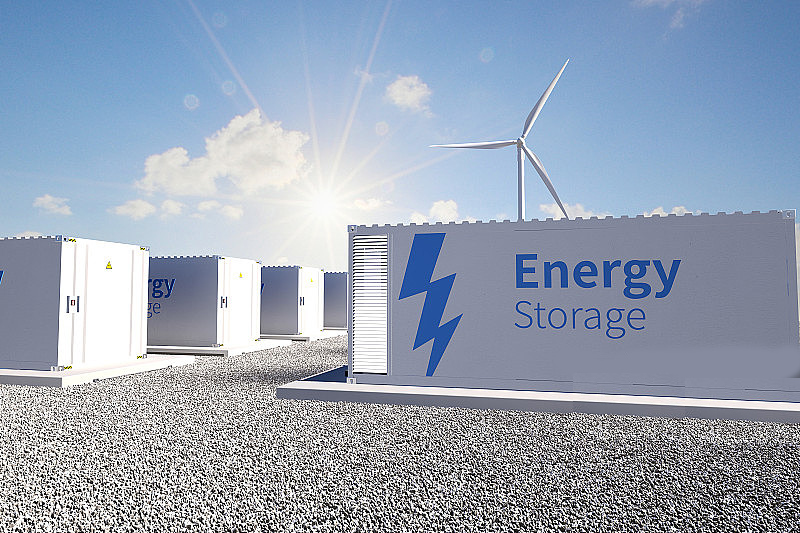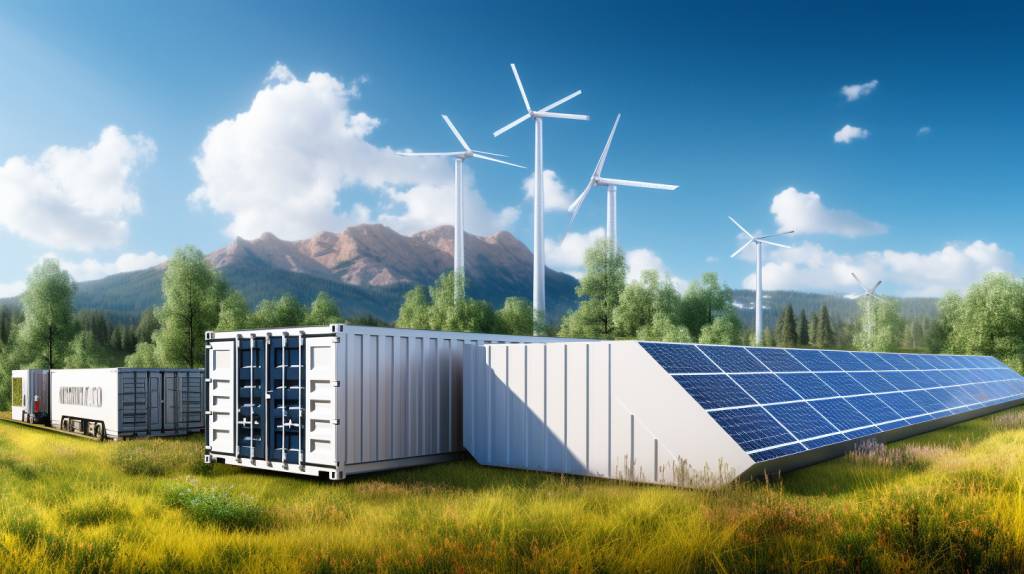Principles of industrial and commercial energy storage
The components of the energy storage system are composed of batteries, PCS converters, BMS, EMS and other electrical circuits and protection, monitoring systems, fire protection and so on.
There are two main types of industrial and commercial energy storage system architecture:
- Ac coupling type of PCS;
The AC coupling system is similar to the system configuration of the energy storage power station, but the relative amount is small, and the system function is simpler, in which the photovoltaic system and the energy storage system are parallel, and the flexibility is higher, which is suitable for the installed industrial and commercial photovoltaic stock market.
- Dc coupling type of optical storage machine.
Dc coupling system through the optical storage integrated photovoltaic inverter and bidirectional converter together, compared with the AC coupling system has a high degree of integration, soft low cost characteristics, 50-100kW optical storage integrated machine has gradually become the choice of small and medium-sized industrial and commercial energy storage systems.
Why develop industrial and commercial energy storage

The main reason for industrial and commercial users to configure energy storage is to meet their own internal demand for electricity, use the peak and valley price arbitrage to reduce operating costs, energy storage can also be used as a backup power supply to cope with sudden power outages; If photovoltaic is configured, it can also maximize the self-use of photovoltaic power generation and effectively improve the consumption rate of clean energy.
1, photovoltaic supporting industrial and commercial energy storage: For commercial and large industrial users, through the installation of photovoltaic + energy storage to achieve self-use of electricity, calm the photovoltaic power generation output curve, improve the utilization of clean energy. At the same time, energy storage can also be used for separate peak-valley arbitrage.
2, non-photovoltaic supporting industrial and commercial energy storage: for commercial buildings, schools, hospitals and other scenarios that are not suitable for the installation of large-scale distributed photovoltaic, the independent installation of energy storage systems can be used for peak load cutting and peak valley filling and peak valley arbitrage.

The same is energy storage, but industrial and commercial energy storage is more integrated than other energy storage, and will use the form of energy storage integrated cabinet, rather than large storage containers. The capacity of industrial and commercial energy storage is relatively small, because it is more to meet the photovoltaic self-use of enterprise users, reduce the cost of electricity, and basically do not participate in grid scheduling, so the requirements for system control are far lower than the source grid side energy storage.
